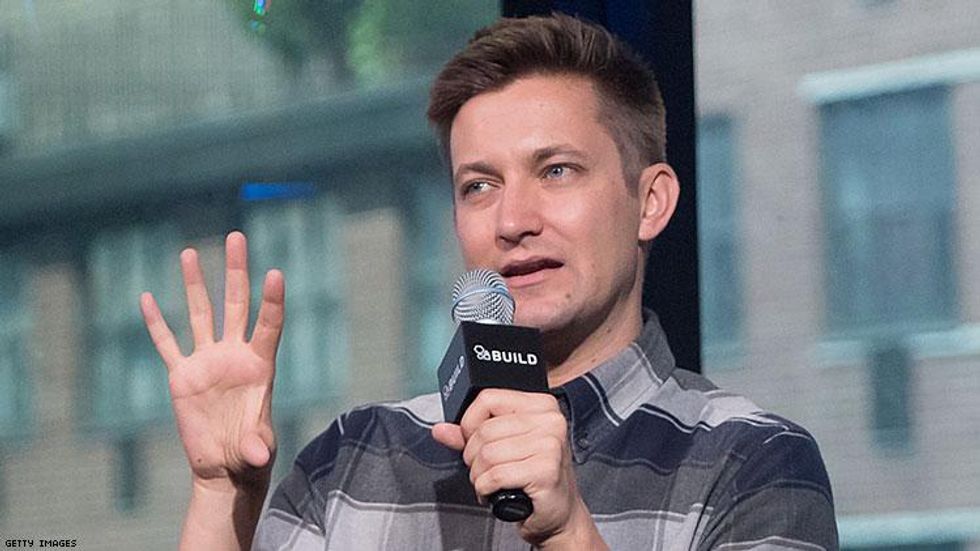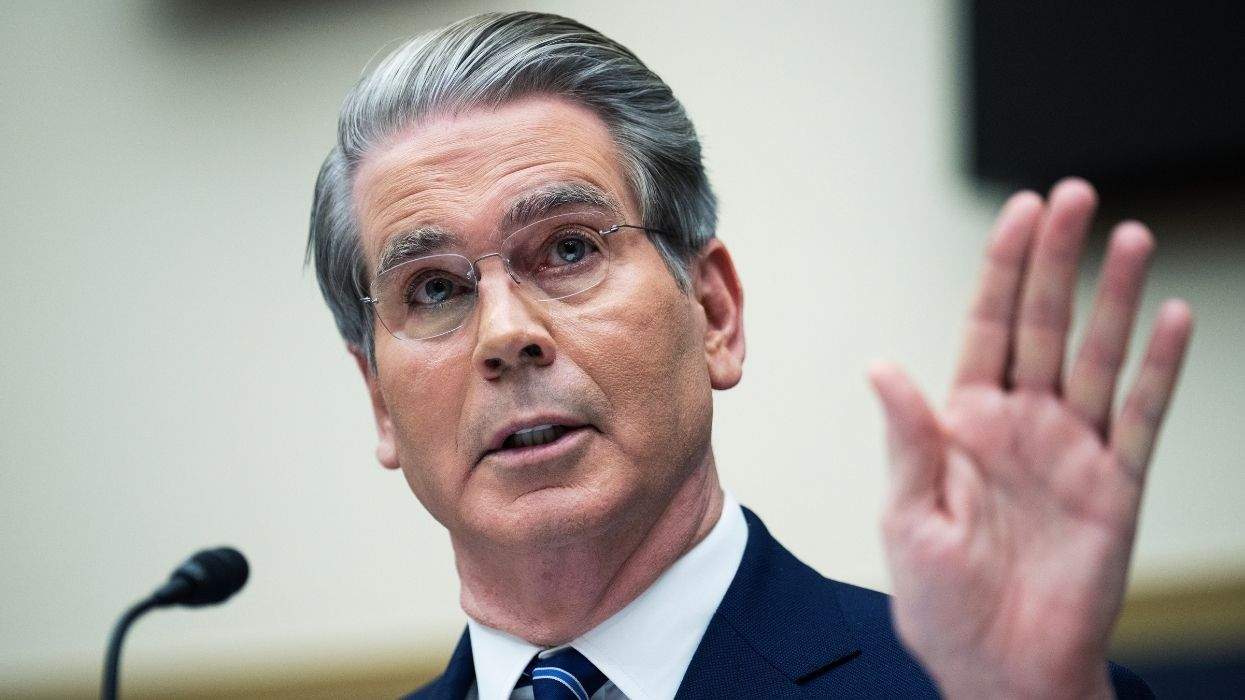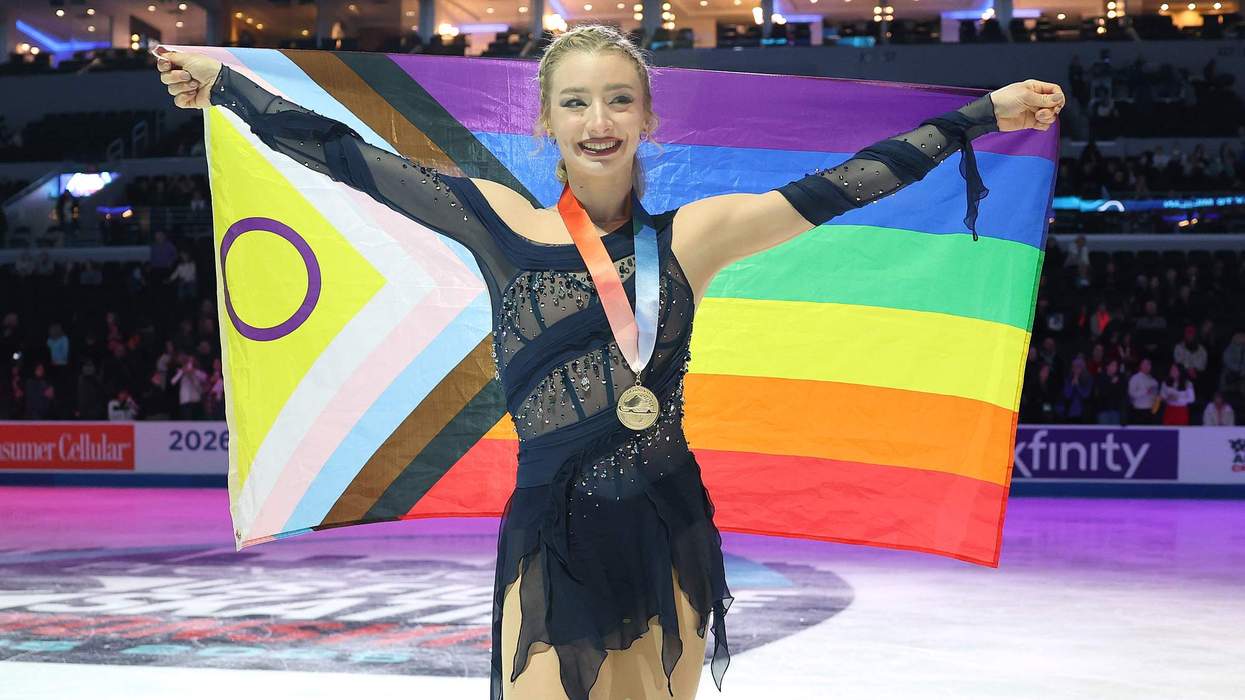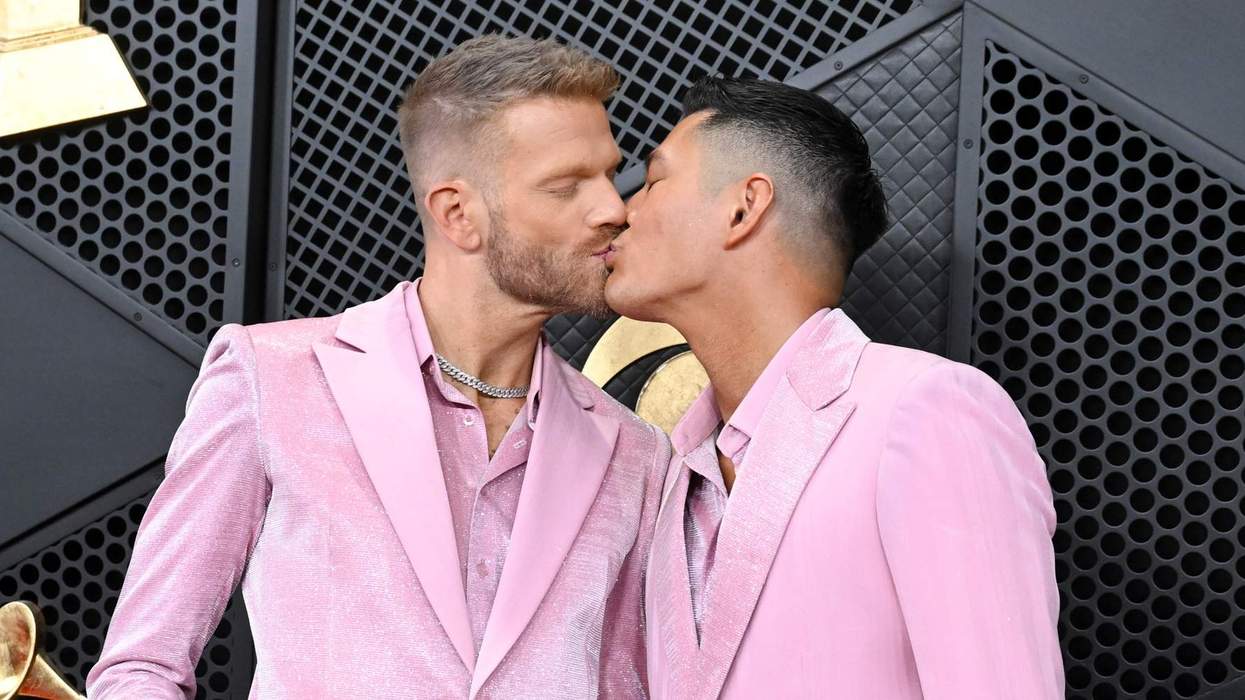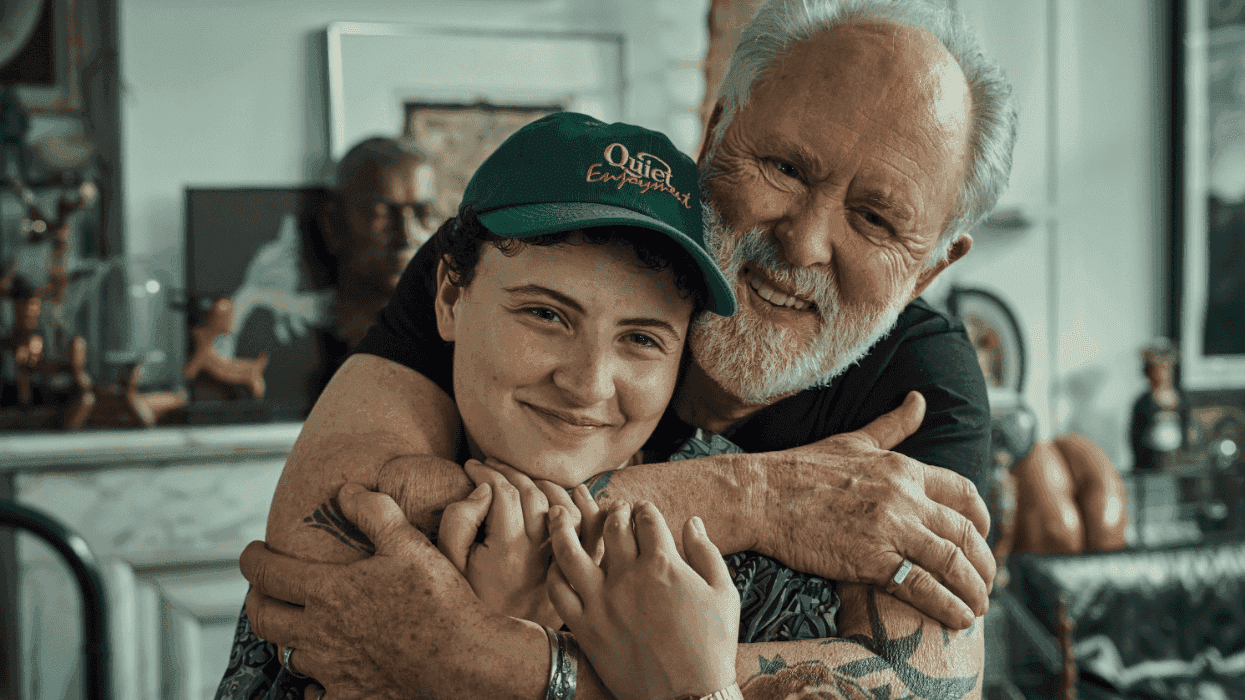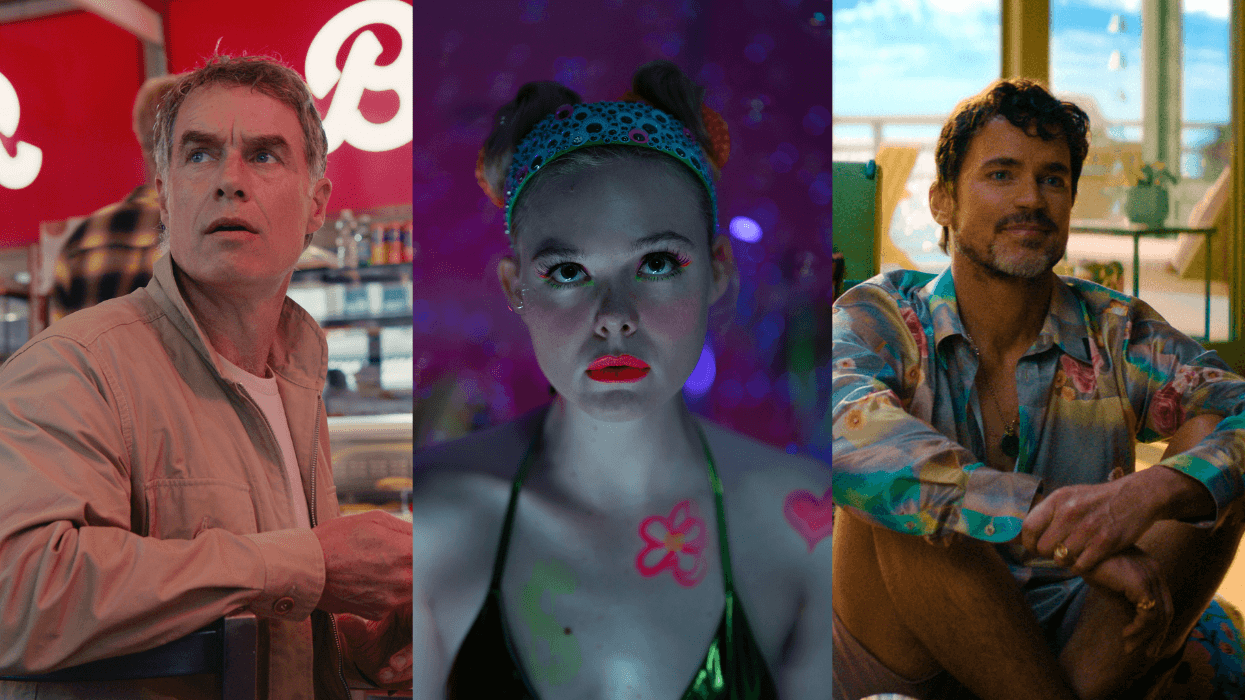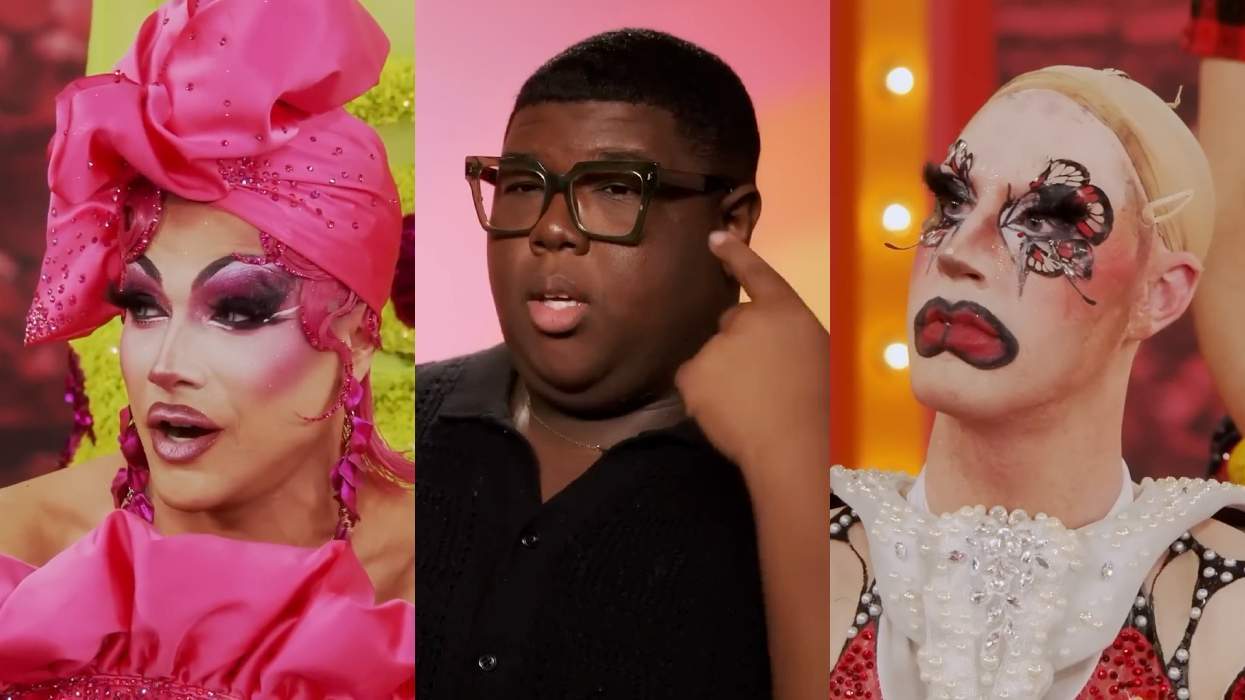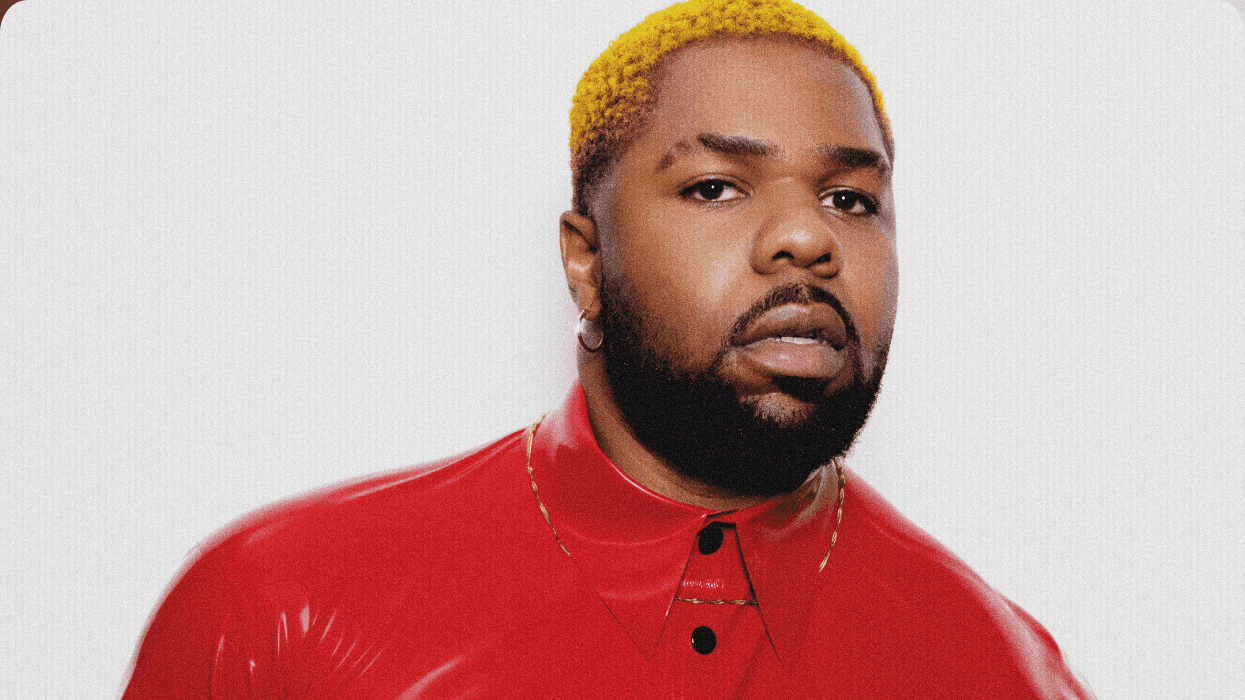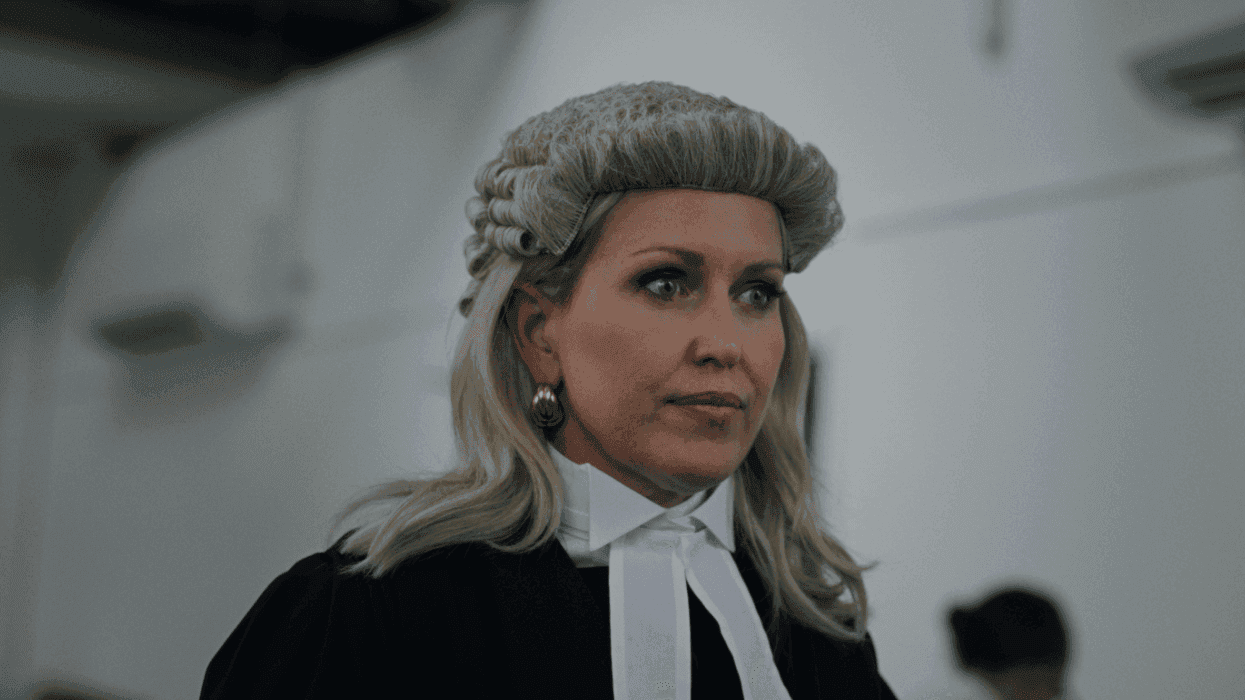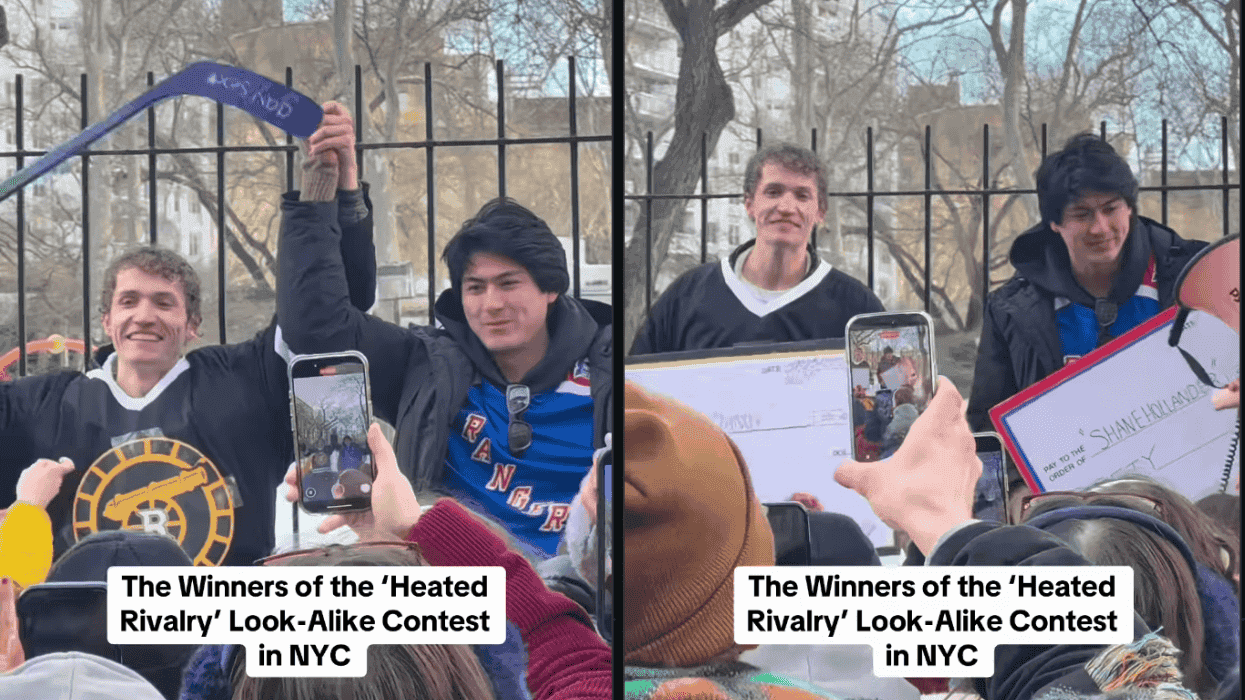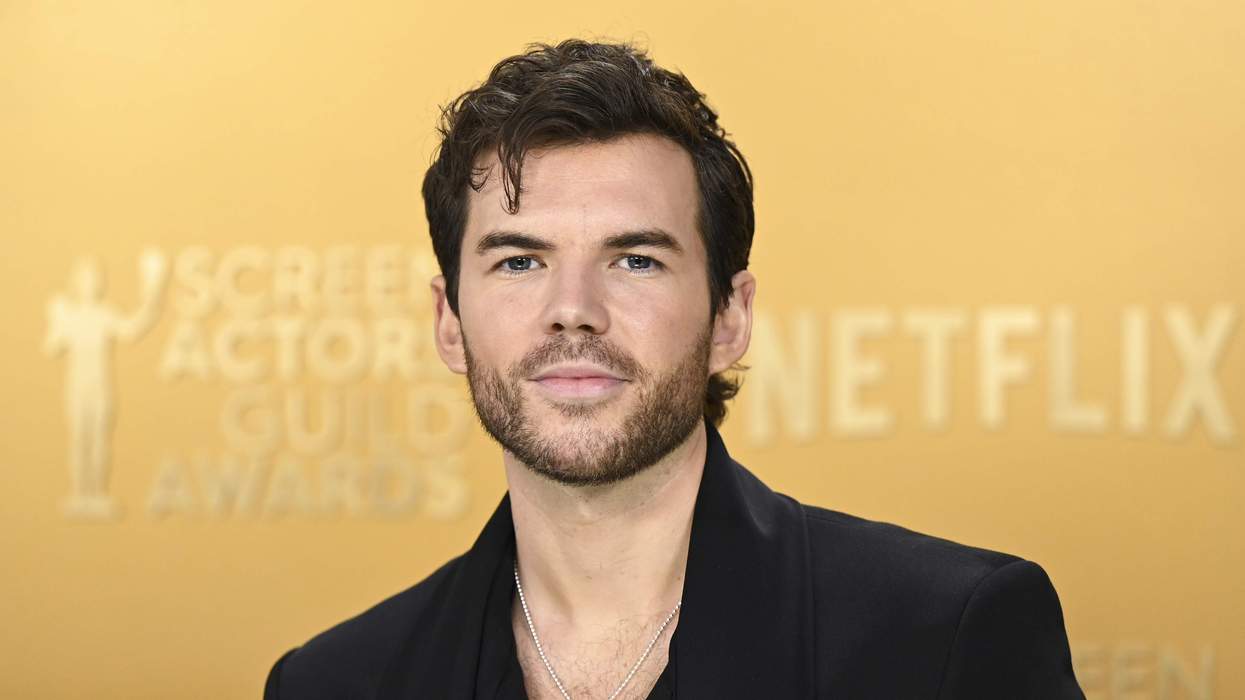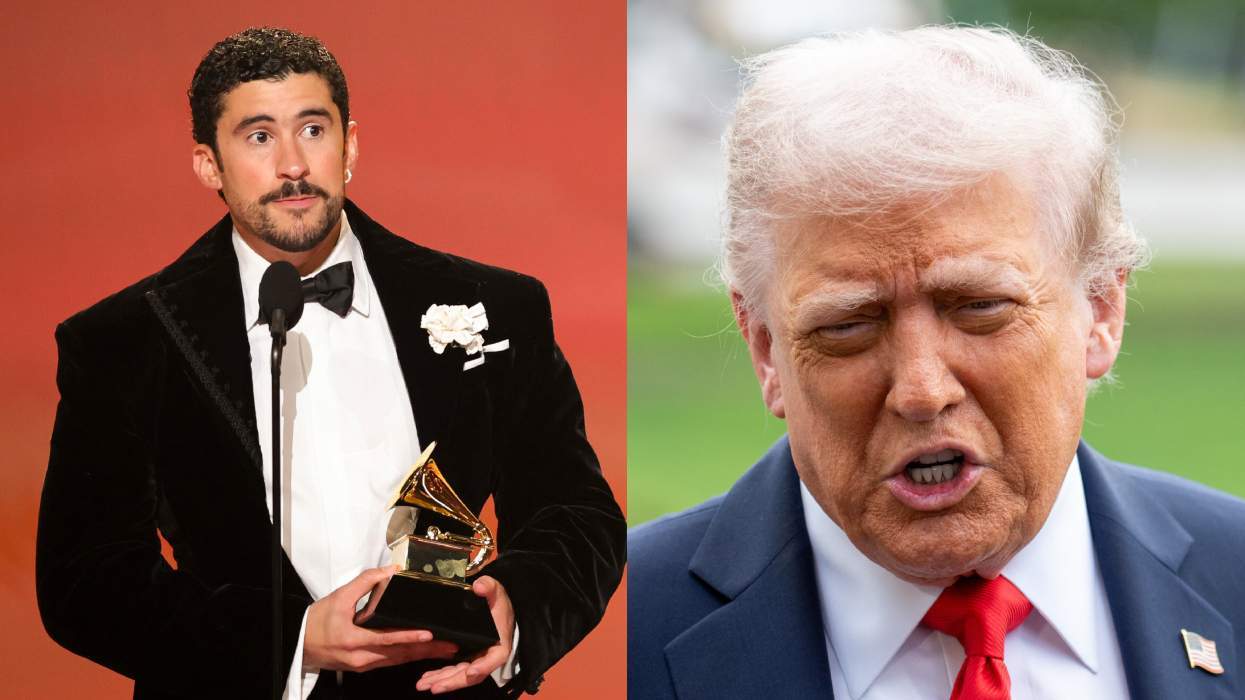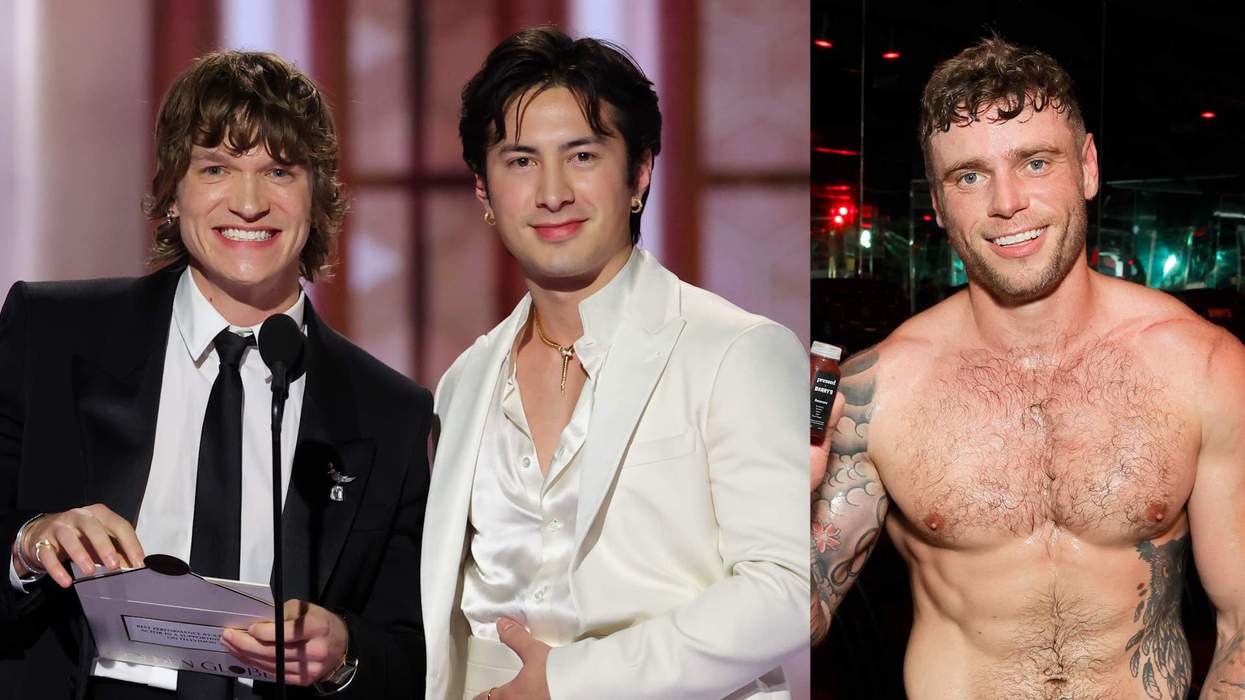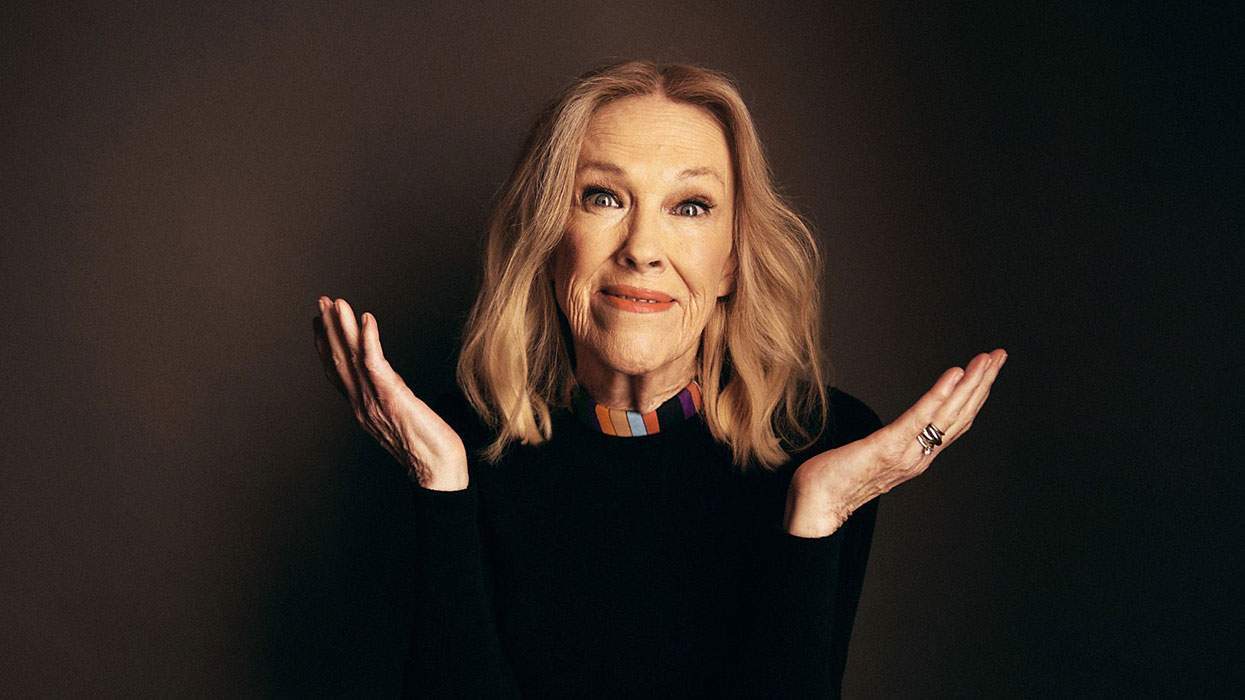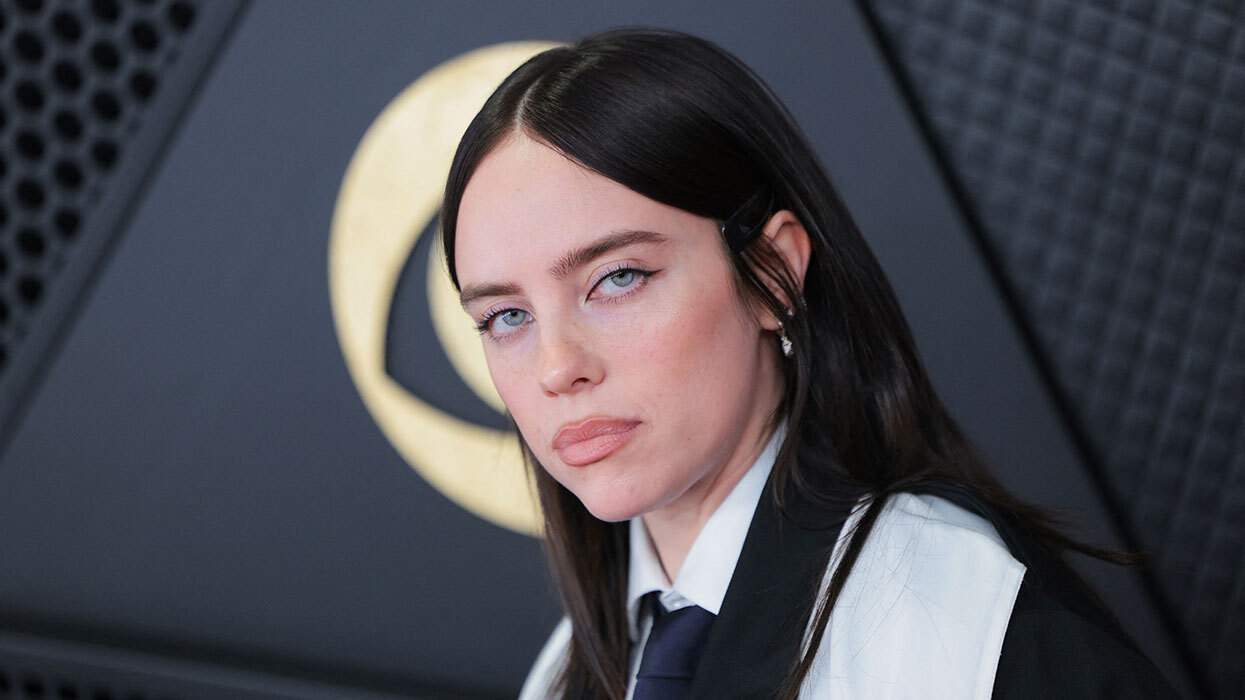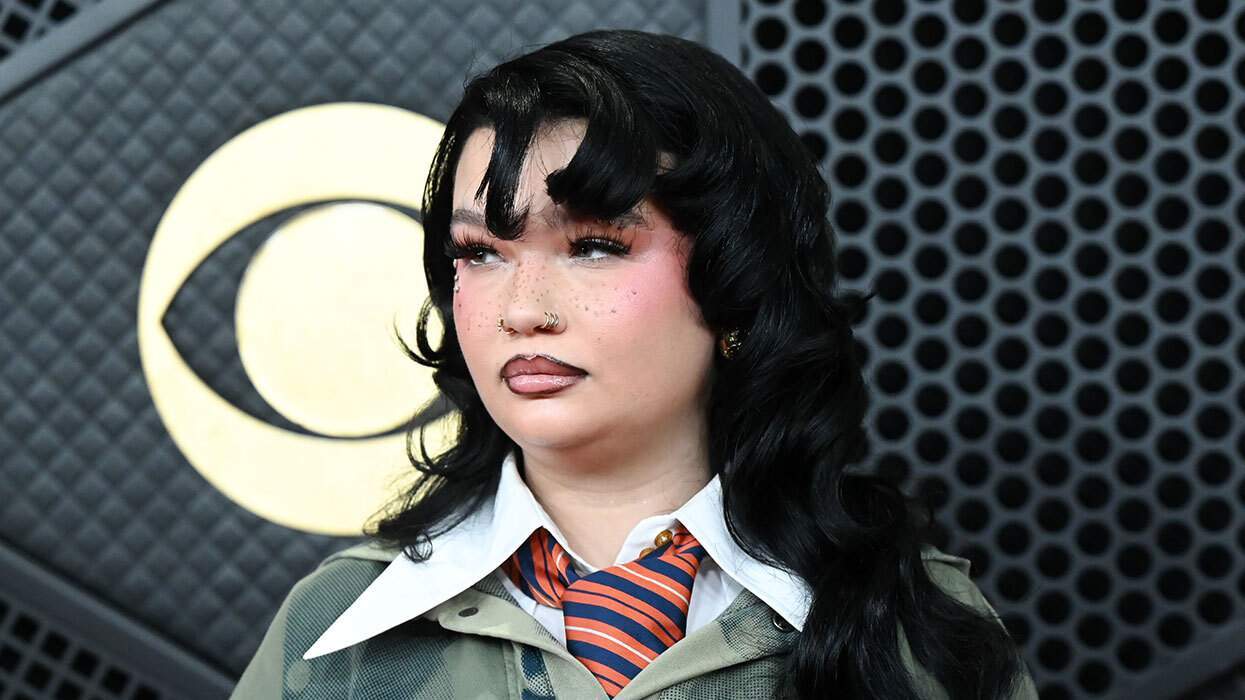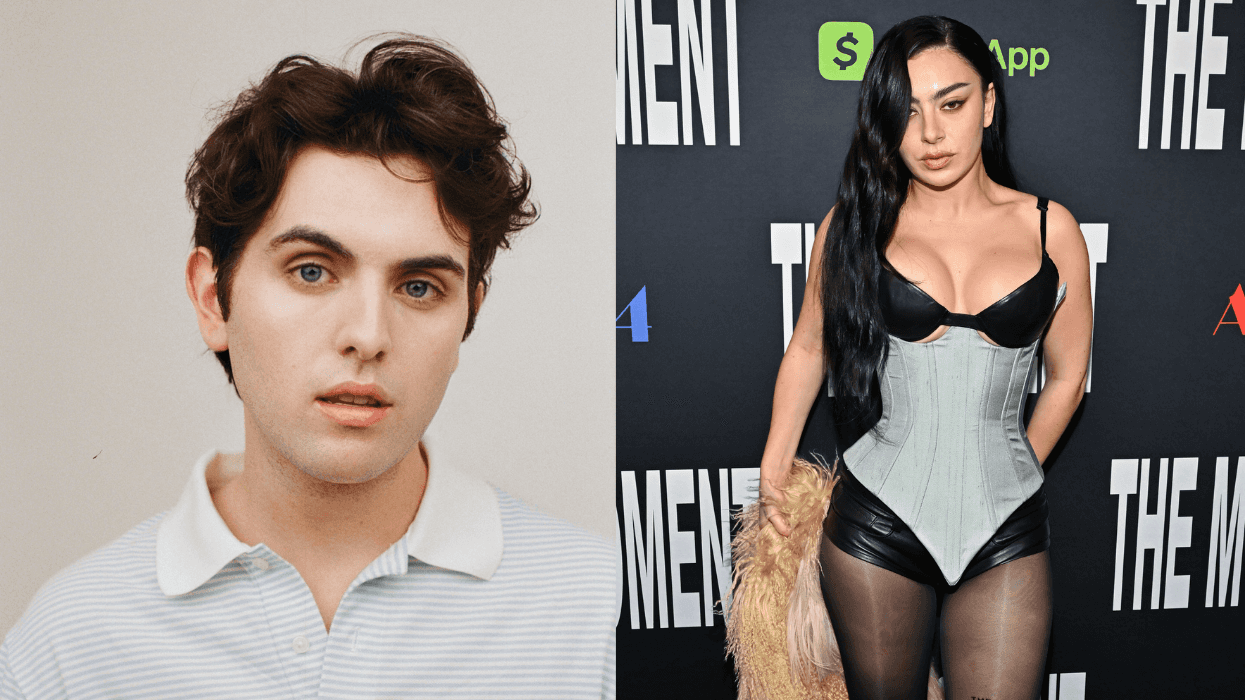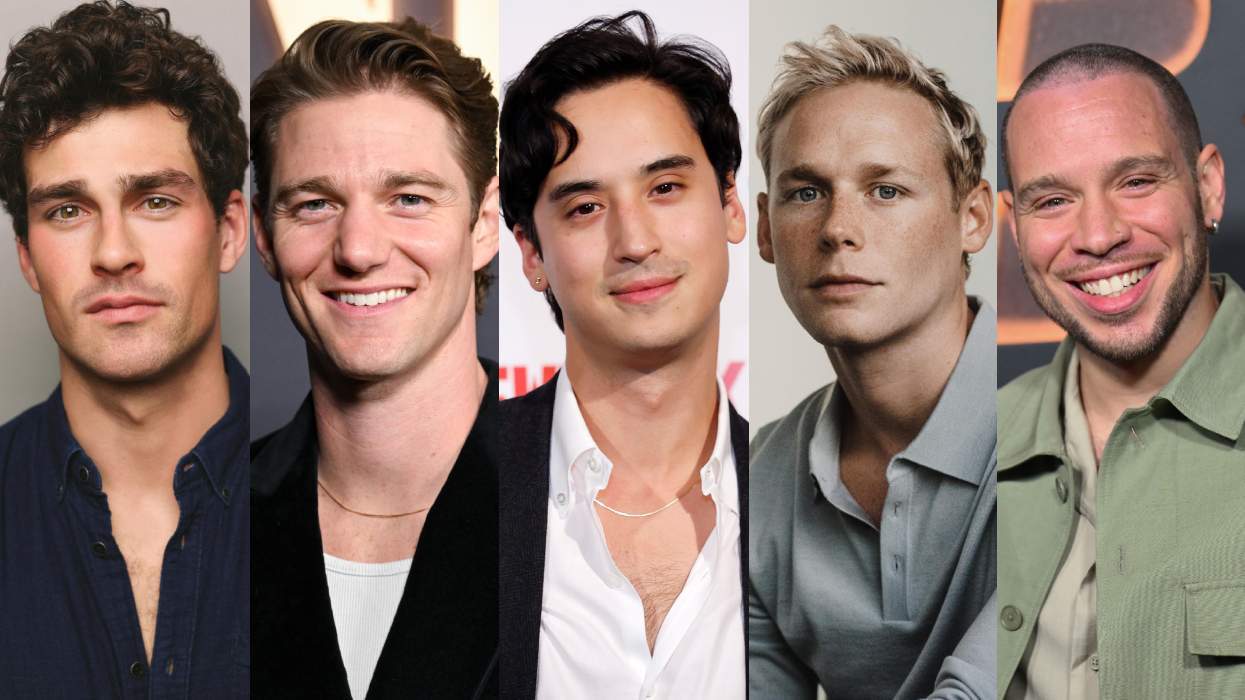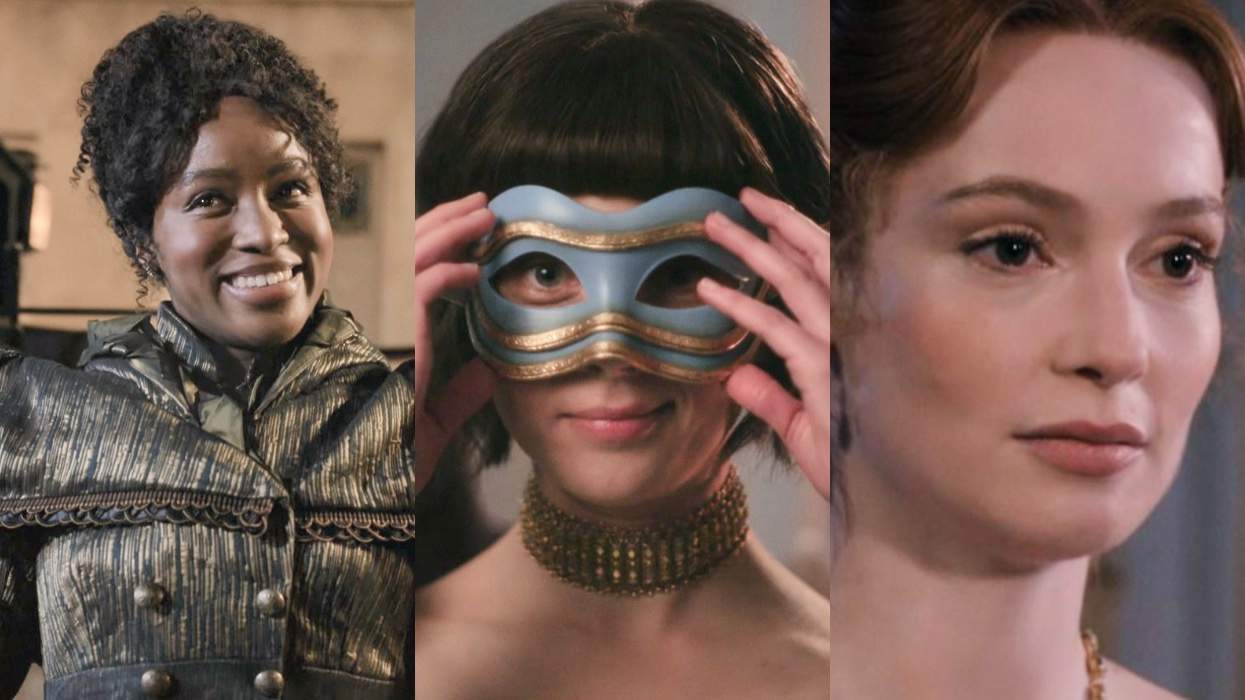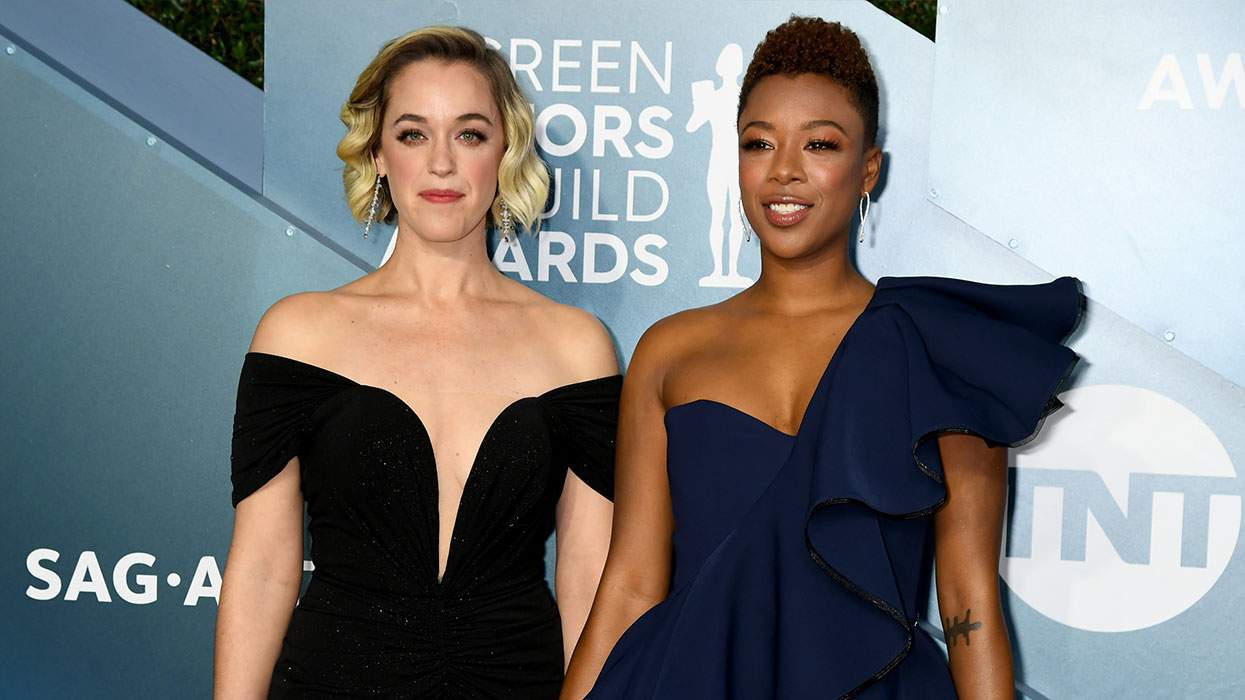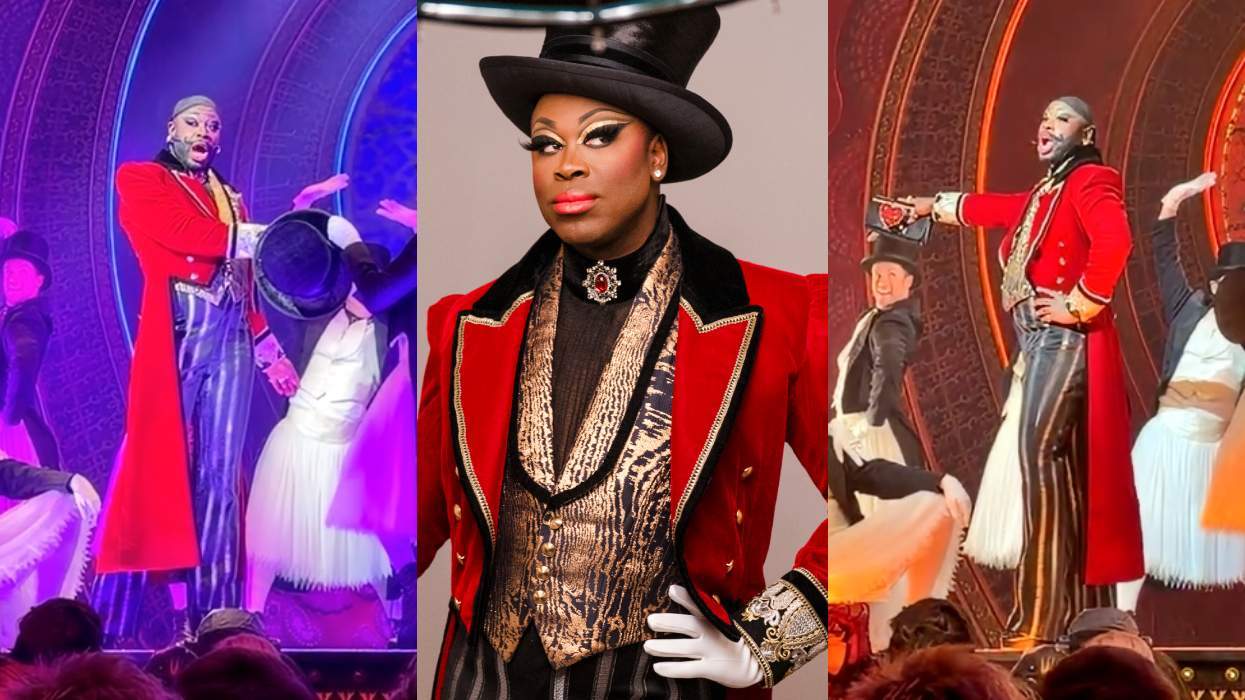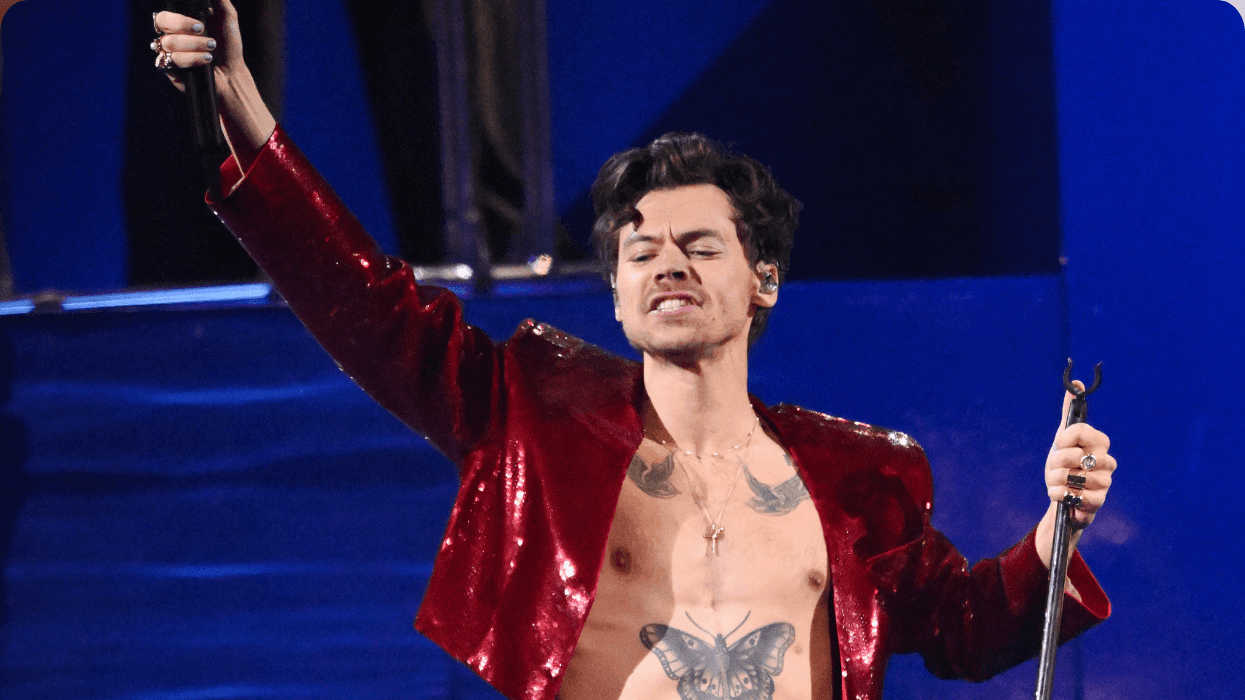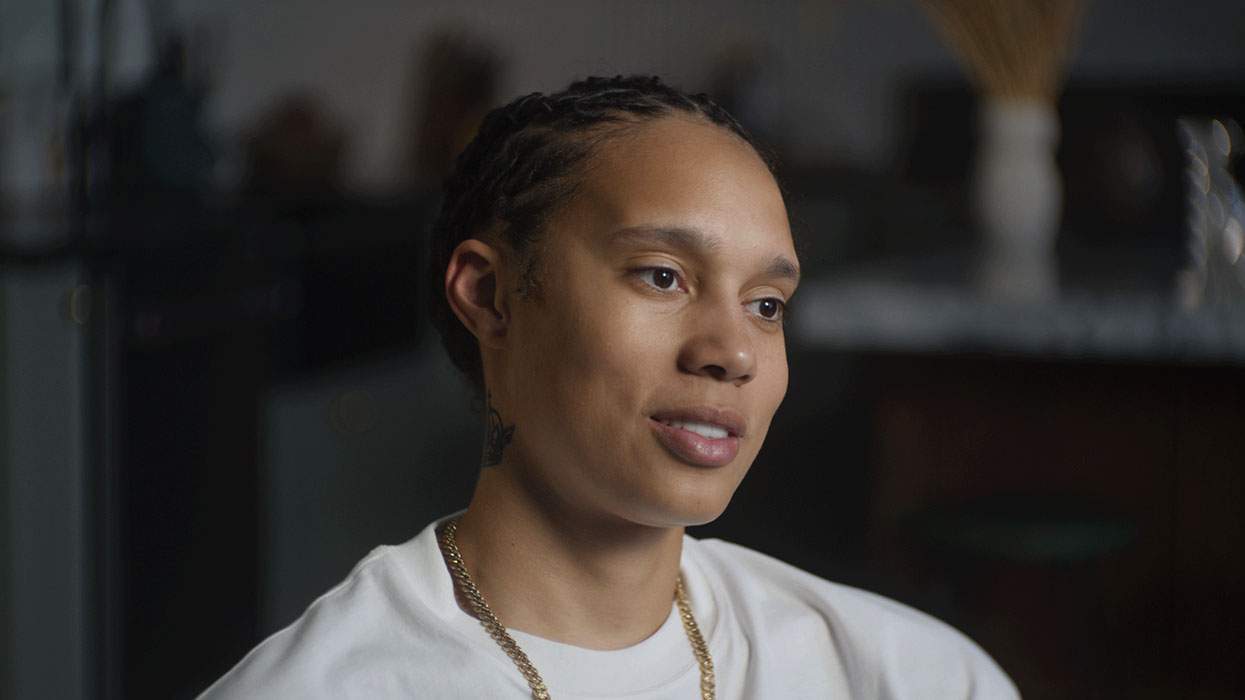Chris Kelly's name is perhaps one many fans of Saturday Night Live may have never heard of. But along with Sarah Schneider, he was at the helm of the show's landmark 42nd season which responded to the contentious 2016 presidential election and the first year of Donald Trump's presidency with laugh-out-loud commentary and critique. The show experienced unprecedented ratings and social media hubbub under the co-head writers who left after the season's end. The pair, however, is back together to create comedy gold with The Other Two, their new family comedy hitting Comedy Central Thursday (after the final season premiere of Broad City).
The Other Two follows aspiring actor Cary (Drew Tarver), who is gay, and his sister Brooke (Helene Yorke), a former professional dancer, who are trying to find their place in the world. Along the way, they must grapple with their feelings about their 13-year-old brother Chase (Case Walker) who suddenly becomes "the next big white kid" when a video of the teen singing goes viral. Hollywood icon Molly Shannon plays their single mother opposite a cast that includes Wanda Sykes, Daniel K. Isaac, and Ken Marino.
Ahead of the show's premiere, Out spoke with Kelly about falling in love with straight men and writing gay characters for television.
How did you and Sarah come to decide that this was the right story for your two post-SNL?
We talked about so many ideas. The second to last year at SNL, we were trying to think of an idea for a show when we eventually left. We spent every off-week brainstorming ideas and were very picky. And then this one -- we just kept coming back to this idea. We wanted to tell grounded stories with two characters that felt like versions of us, that had a similar rapport in their relationship and a vibe and talked to each other the same way, and just kind of tell stories about what it was like to be us in New York in our 20s.
But then we were sort of like, "I don't think that's enough." And at SNL, we really liked writing pop culture, satire, and parody. We wrote a lot of music videos with all the female cast [of SNL] and thought it would be fun if their little brother was famous. So we basically can tell grounded stories, have this dumb umbrella over the whole thing, but still have a family at the heart of it.
Was it important to have a family at the center?
Sarah and I have similar upbringings and so I think when we were like, "Let's write a show that feels like us," a commonality we had was how close we were to our family. Like, I had lost my mom. She had lost her dad. So, right away we were like, "Well, there can't be two parents because we don't know how to write that." We truly were like, "Both parents can't be alive because I don't know what they would say to each other. I don't know how they would talk to each other if they're both alive, so we will kill them." [laughs] But yeah, I think we just kind of talked a while and we were like, "What are our commonalities? What kind of stories do you want to tell?" And that's how we landed where we did.
I admittedly, after viewing the trailer, didn't think this was going to be a show for me.
Oh... not going to be a show for you?
But I watched the entire thing in one day.
Okay. Did you hate watch it?
No, no, no. I was pleasantly entertained and found it to be #relatable content. Why was it important for you to have one of the siblings be gay?
It was important and also ... I don't want to say I didn't think about it, but it was like a no brainer. It's kind of like what I was saying earlier when me and Sarah were talking about characters that were like us. It didn't even occur to me to not have him be gay. Could you imagine if I was like, "It's like us, but we made him straight."
I mean...
I mean, yes, you absolutely can imagine. But these characters are not me and Sarah, but they are, so we relate to them so deeply. And when we were talking about stories from our 20s, a lot of it was us working at dead-end jobs or, after you served a table, running to do an audition real quick and then run back and hope no one notices, or being an actor auditioning and being asked to do it again, but "a little less gay." There were things that I related to that I was excited to write.
Now, also going back to something you said earlier. When you were like, "I didn't think the show's going to be for me," and then you watched it all ... Sarah and I have always said that the logline of the show is: It's about two people who are jealous or envious that their little brother becomes famous overnight. That's a little bit about what the show is, but I also think it's slightly misleading because I think if you watch more, it's less like, "Oh my brother is famous. I hate that." It's more of like, especially for Cary, "I have been trying to be successful and be an actor, and if I'm being honest, famous, for so long, and it has not happened for me. Why did it happen for him?"
What about Molly Shannon made you say "She's perfect for the mother character"?
Oh my God. I just deeply love her. I cast her as my mother in my movie [Other People] years ago because she reminded me of my mother. She was just very full of life and so funny and warm and just makes everyone feel like the most important person in the room. I had the absolute best experience working with her ... Once we knew she was going to do the show, I think we changed the part. We deepened the role a little bit, wrote to her strengths and we really wanted to make sure she could be funny and weird and also grounded and sad.
My favorite story line, which is probably not surprising, deals with Cary and his unrequited love for his straight roommate. I think it's something that particularly queer audiences will resonate with, in part because of the way you all do it is hilarious.
I relate to it too! I went through something like that and [Sarah and I] were talking about why we do that. I was in my early 20s. I was out, but I had a very conservative upbringing. And when I came out, I was like, "I'm out and I'm done. I'm happy and I'm perfect and I'm well-adjusted. I used to be a little self-hating and in the closet, but now that I'm out, I am perfect."
But then you're not. You still have a little self-hatred. And I think I knew it at the time, but in retrospect, it was a little easier to me to pine after someone who's unavailable than to actually get myself out of the door and be a part of the world and put myself out there and date real, alive gay people.
And so many queer people have done that, but putting that quality in a queer character on television so that they're not perfect and they are complex and messy and a little stupid here and there is a feat particularly when we see a lot of other queer characters on television, but many of them have to be unassailable.
We cared about that and talked about that too because ... you don't have very many gay characters on TV. So then you're like, "Well, I want my gay character to be the best person of all time" ... That's not doing anybody any favors. That's not real. I want to write real things I relate to and sometimes they're a dumb fucking loser and sometimes they're funny and great and amazing. It'd be so awful if our other character was messy and interesting and complicated nad our gay person was just a full-throttle hero.
What else do you think queer audiences might resonate with?
I like the specifics of him. I like that he, of course, is a character like any other character, and we're not shining a spotlight on him, but that he is specifically gay. We have storylines about what it's like to date as a gay person, to have sex as a gay person, to be a gay actor in the industry trying to navigate what people want from you. So I like that he's a gay character that gets to be gay. And I've seen sometimes where people will be like, "Well, he's gay but that's beside the point." Like, no, that is the point, or at least part of the point.
RELATED | 'Queer as Folk' Alum Talks His Newest Show 'Good Trouble'



